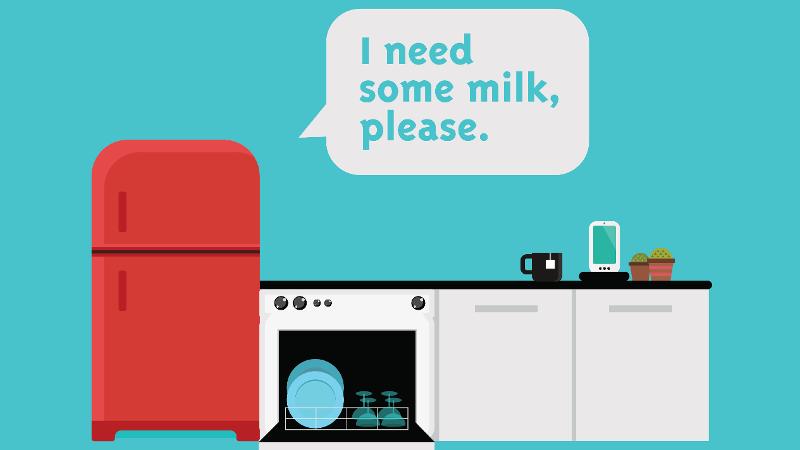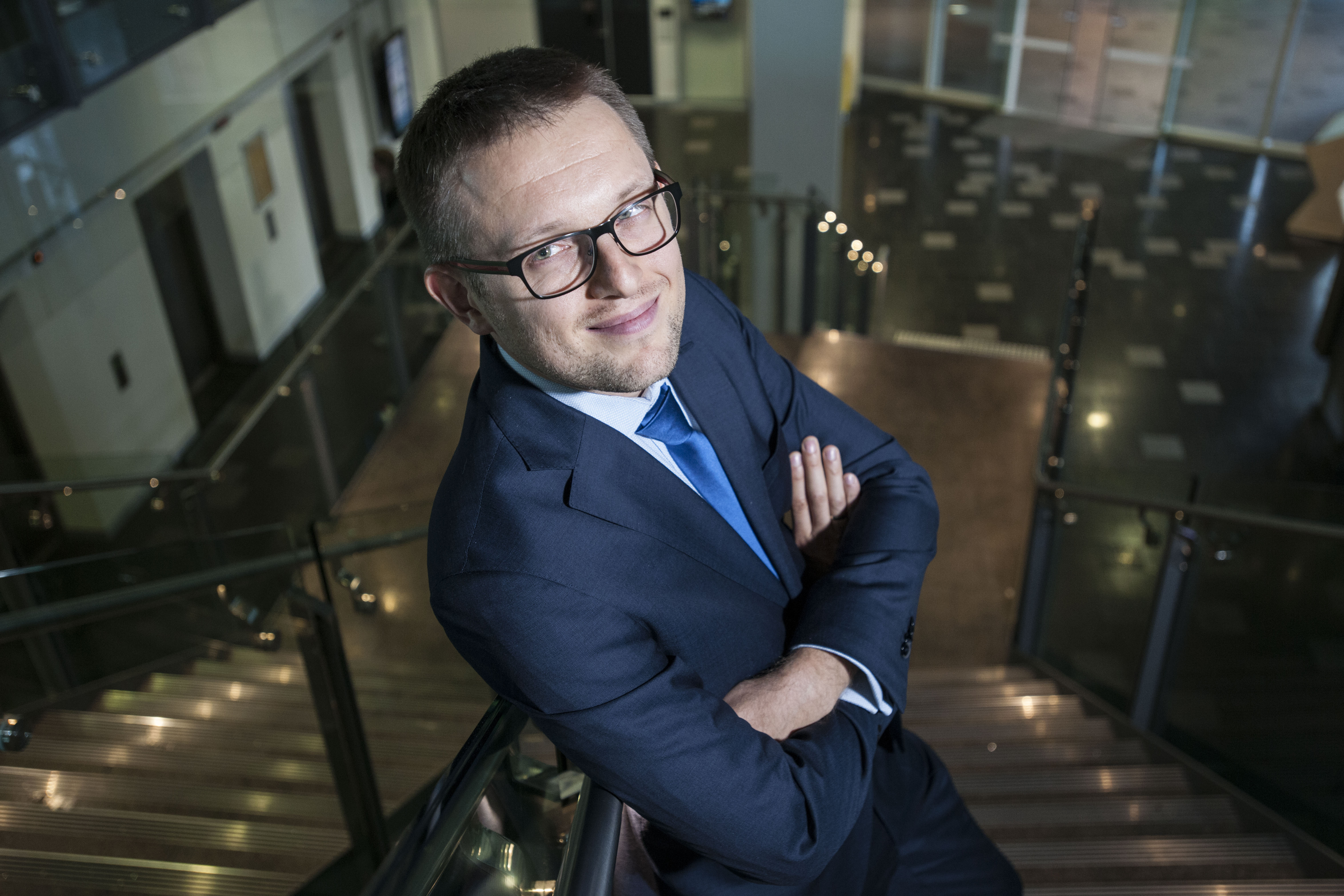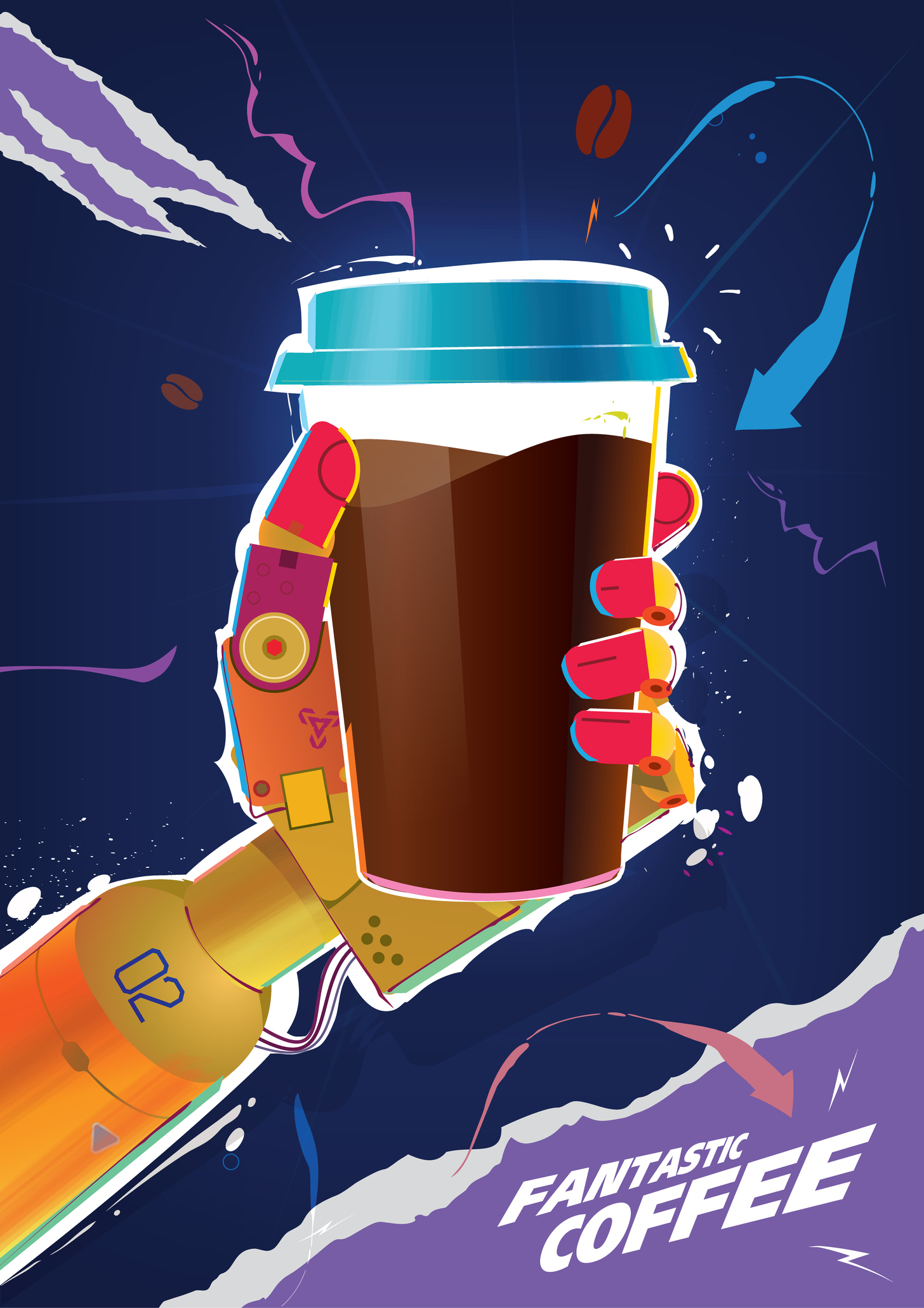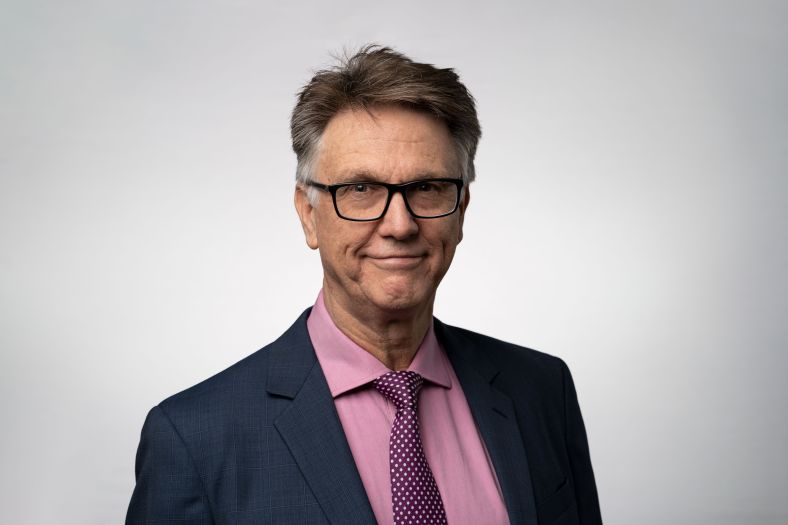
Would you be happy if you never had to go grocery shopping again because your fridge did it for you?
QUT’s ‘digital economy’ expert says shopping for everyday items is in for a seismic shift thanks to smart appliances – and it will happen in our lifetime.
Professor Marek Kowalkiewicz believes that while “experience shopping” is here to stay, technology will soon reduce “convenience shopping” to a minimum, with smart fridges able to do our grocery orders for us.
He says clever algorithms will allow internet-connected appliances (the Internet of Things) to get to know our consumption and shopping habits, predict when we will run out of items and automatically re-order them to be delivered.
And, as artificial intelligence evolves, he believes we’ll even have fridges that can think about options and ‘surprise us’ with their choices.
“And if your fridge is choosing your dinner menu it begs the question: How do marketers then advertise to a fridge?” he said.
On March 1 Professor Kowalkiewicz will give a free public lecture at QUT on the new ‘economy of algorithms’, including advances in retail.
The 4pm lecture will also be livestreamed for people who are interested but can’t attend.

Algorithms are basically the steps or mathematical rules that computers follow to solve problems, and they already shape our everyday life.
Google search rankings are based on algorithms, as are Facebook feeds and “up next” viewing suggestions for YouTube. They can be used to predict players’ actions in sport, set prices for your Uber trip, and automatically trade stocks.
Professor Kowalkiewicz is QUT’s Chair in Digital Economy, which means he’s tasked with keeping one step ahead of technology and helping organisations stay relevant and take advantage of new digital opportunities.
He said the “economy of people” (think Airbnb and Uber) had emerged over the 20 years next to the traditional “economy of corporations”.
“This economy of people has given individuals unprecedented opportunities to participate in the global value creation and exchange,” he said.
“But while we marvel at the economy of people, another economy – the economy of algorithms – is emerging.
“In this new economy, algorithms and devices with algorithms running them, such as robots or smart appliances, become economic agents. They take an active and often independent part in economic value creation.”
He said consumers in the United States could already buy washing machines and dishwashers that came with a specific detergent that could be reordered automatically by the appliance when it was running low.
“They come with an app that you have to configure with your choices – but that’s really just about making the customer feel like they are in control and not be creeped out by it … the machine already knows everything it needs to re-order,” Professor Kowalkiewicz said.

could one day do the shopping.
“At work, we have printers that can re-order toner when they need it. That’s not happening now at home with our coffee machines but in the not too distant future I’m confident I’ll never run out of coffee in the morning because I’ll have a coffee machine that can order new beans and get them delivered to my door by a drone.”
Professor Kowalkiewicz said he believed we would see three stages of evolution for algorithm shopping:
- Stage 1: Hard-coded shoppers that do what they are told and order pre-set replacements through regular channels.
- Stage 2: Preference-based shoppers with algorithms that know our preferences (organic, full-cream, on sale, etc) and choose accordingly when they go shopping for groceries and meals.
- Stage 3: Inspiring algorithm shoppers capable of making their own decisions and surprising us. “Maybe my coffee machine will think: Hey, he gets a kick out of playing a game in the morning so why don’t I order him a new online action game instead of getting coffee beans … if this guy wants to be refreshed and excited, a game might get him ready for the day the same way a coffee would,” says Prof Kowalkiewicz.
Professor Kowalkiewicz’s QUT free talk is on March 1 at 4pm at the Gardens Point campus and will also be livestreamed. Register here.
The event is the QUT Institute for Future Environments‘ first Grand Challenge Lecture for 2019.








